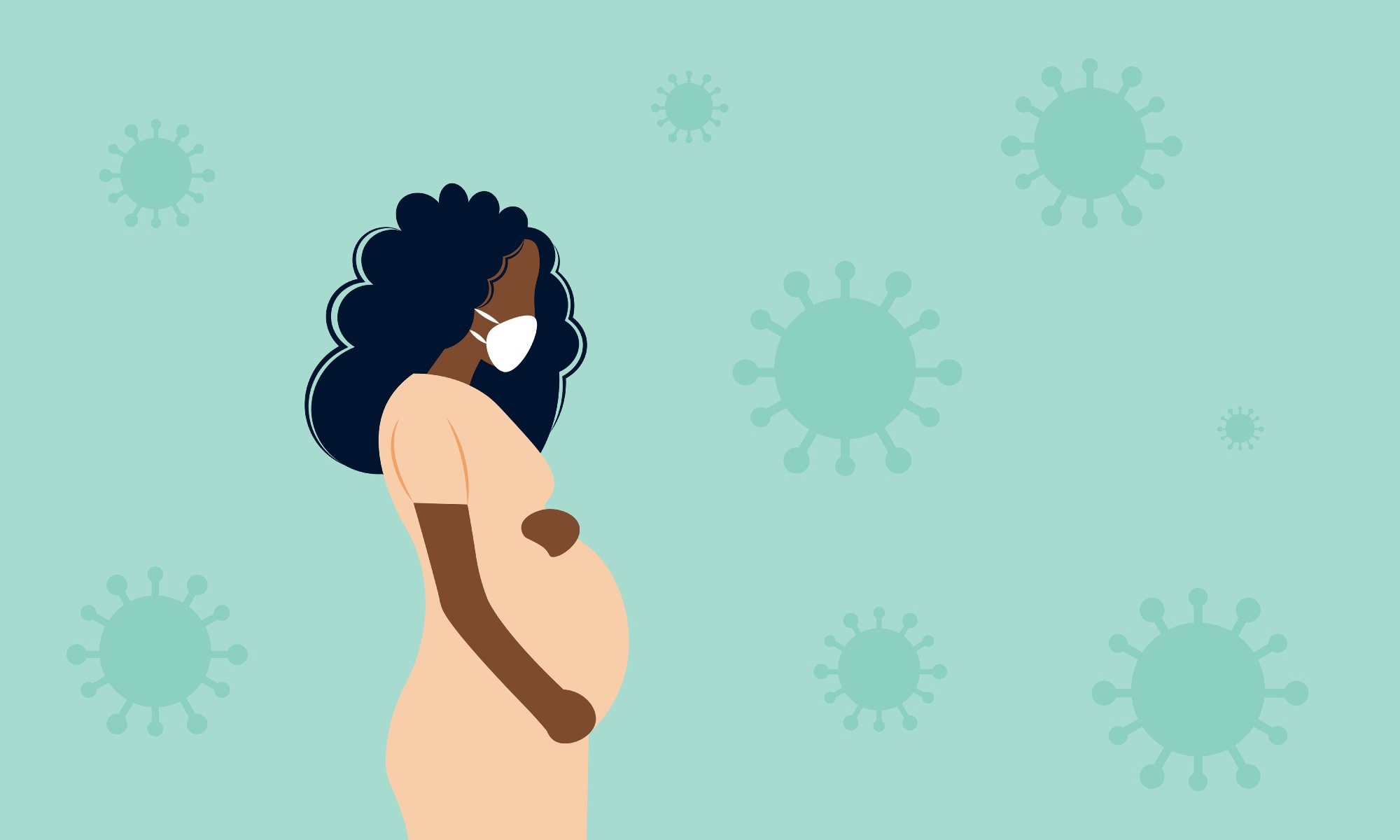In a recent study published in The Lancet Infectious Diseases, researchers investigated the incidence of significant health events among pregnant females after coronavirus disease 2019 (COVID-19) vaccination across seven Canadian provinces between November 1, 2021, and May 9, 2022.
 Study: Safety of COVID-19 vaccines in pregnancy: a Canadian National Vaccine Safety (CANVAS) network cohort study. Image Credit: M M Vieira/Shutterstock
Study: Safety of COVID-19 vaccines in pregnancy: a Canadian National Vaccine Safety (CANVAS) network cohort study. Image Credit: M M Vieira/Shutterstock
Background
Several observational studies have described rates of adverse events after first and second doses or booster doses of messenger ribonucleic acid (mRNA)-based COVID-19 vaccines in pregnancy. Most studies included only a pregnant cohort and documented all adverse health events with limited differentiation of significant/severe/serious adverse events. Clearly, most studies lacked a contemporary pregnant, unvaccinated control group.
About the study
In the present study conducted under the Canadian National Vaccine Safety (CANVAS) network, researchers monitored COVID-19 vaccine safety in pregnant females across seven Canadian provinces accounting for more than 75% of the national population.
The eligible vaccinated and unvaccinated pregnant and non-pregnant females had received the first dose of a COVID-19 vaccine within the last seven days. Also, they had an active email address and telephone number and communicated in English or French. Moreover, they were the residents of any of these seven Canadian provinces, namely, Ontario, Quebec, British Columbia, Alberta, Nova Scotia, Yukon, and Prince Edward Island.
The researchers compared the rates of health events in vaccinated pregnant females and vaccinated non-pregnant females of the same age (between 15 to 49 years). The control group comprised unvaccinated pregnant females and vaccinated non-pregnant individuals.
The study assessed all health events, including new or worsening health events following vaccination in the previous seven days for controls and the seven days following vaccination in those who received a COVID-19 vaccine. First, the researchers estimated the rates of significant and serious health events, including all symptoms following the first and second vaccination. To examine associations between the outcomes and the exposures, they built univariable and multivariable logistic regression models for each type of exposure, as follows:
i) vaccination status among pregnant females, and
ii) pregnancy status among vaccinated people.
They restricted statistical modeling to those who received any of these two mRNA vaccines, BNT162b2 and mRNA-1273. They reported an odds ratio (OR) with 95% confidence intervals (CI).
In the first sensitivity analyses, the primary endpoint i.e.,a significant health event following vaccination, was restricted to new or worsening health events, resulting in medical consultation in the previous seven days. The researchers repeated the same analysis after the first and second vaccination. In the second sensitivity analysis, they restricted the dataset to those pregnant females who enjoyed excellent health and compared the results from the primary analysis.
Study findings
By November 4, 2021, 1,91,360 and 94,937 women aged 15 to 49 years and known pregnancy status had completed the first and second vaccine dose surveys, respectively. Of these, 226 of 5597 vaccinated pregnant females experienced a significant health event after dose one, and 227 of 3108 after dose two of an mRNA vaccine. Among controls, only 11 of 339 pregnant unvaccinated females experienced a significant health event following vaccination.
Pregnant vaccinated females had an increased odds of a significant health event within seven days of the vaccine after dose two of mRNA-1273 (adjusted OR of 4·4 [95% CI]) compared with pregnant unvaccinated controls within the past seven days. One dose of mRNA-1273 or one or two doses of the BNT162b2 vaccine did not increase the odds of significant health events among the study participants.
Specifically, the researchers assessed those health events that affected work, schooling, or required medical attention. The authors observed events that required medical attention remained similar across all the analyses. Pregnant vaccinated females had decreased odds of a significant health event compared with non-pregnant vaccinated females after both dose one (aOR 0·63) and dose two (aOR 0·62) of any mRNA vaccination.
Conclusions
Overall, both COVID-19 mRNA vaccines evaluated in the study proved safe for pregnant females. They had markedly lower rates of adverse health events following vaccination than non-pregnant vaccine recipients of both mRNA vaccines used in Canada; after both one and two doses. However, the overall rates of adverse health events following vaccination were highest after dose two of the mRNA-1273 vaccine recipients. Since COVID-19 causes significant complications in pregnancy, it is crucial to provide higher vaccine coverage to pregnant females.
In the future, the current study data could inform pregnant females about the reactogenicity of COVID-19 vaccines during pregnancy. Alongside vaccine efficacy and immunogenicity data, this data could help clinicians recommend the best use of COVID-19 vaccines in pregnancy.